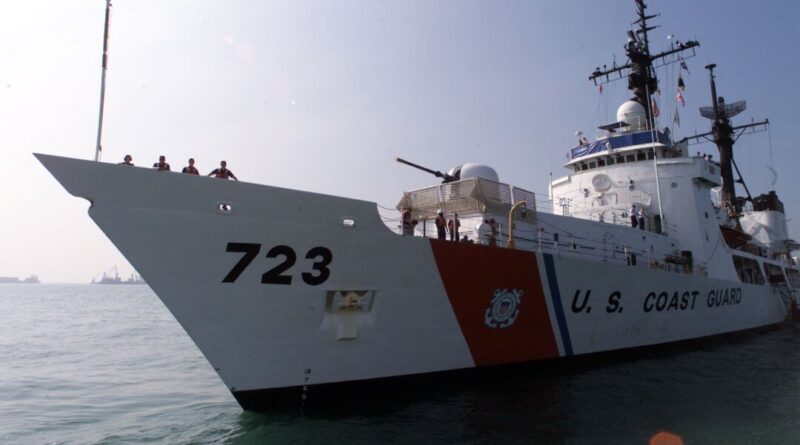US Coast Guard to Strengthen Presence and Collaboration in Indo-Pacific in Response to Growing Concerns About China
The report highlighted that the United States is focused on strengthening the capabilities of regional coast guards to counter ‘malign influence’ in the area.
The report emphasizes that the region remains a key priority for the United States due to its strategic significance, role in global trade, and the necessity of maintaining a free and rules-based maritime order.
The Coast Guard stated its commitment to expanding presence and collaboration in Southeast and South Asia, with a specific focus on advising, training, deploying, and capacity building, while also supporting allies in combating illegal fishing practices.
Although the report did not explicitly name the Chinese regime, it outlined the goal of enhancing the capacity of regional coast guards to counter ‘malign influence,’ enforce laws, and address crucial issues such as climate change.
According to the report, the Coast Guard will deploy National Security cutters to the Western Pacific and move the Harriet Lane cutter to the Indo-Pacific region. Operations of fast response cutters and buoy tenders in Oceania will also be maintained.
“We’re troubled by the increasing alignment between Russia and the People’s Republic of China [PRC], especially the PRC’s support for [Russian President Vladimir Putin’s] war in Ukraine, reinforcing the need for close cooperation with Indo-Pacific allies,” he noted.
The Chinese Communist Party (CCP) has faced criticism for its aggressive actions against neighboring countries like Taiwan, the Philippines, and Japan.
Last week, the United States announced $8 million in new funding to upgrade the Philippines Coast Guard (PCG) after a maritime dialogue in Manila on Oct. 24.
During the dialogue, representatives from both countries reviewed collaborative efforts and discussed ways to address maritime concerns in the South China Sea.
They emphasized the importance of upholding the 2016 arbitral award, which ruled in favor of the Philippines against China’s claims, a ruling that China has refused to acknowledge.
Beijing has laid claim to most of the South China Sea, overlapping with the exclusive economic zones of neighboring countries like Vietnam, Malaysia, Brunei, Taiwan, and the Philippines.





